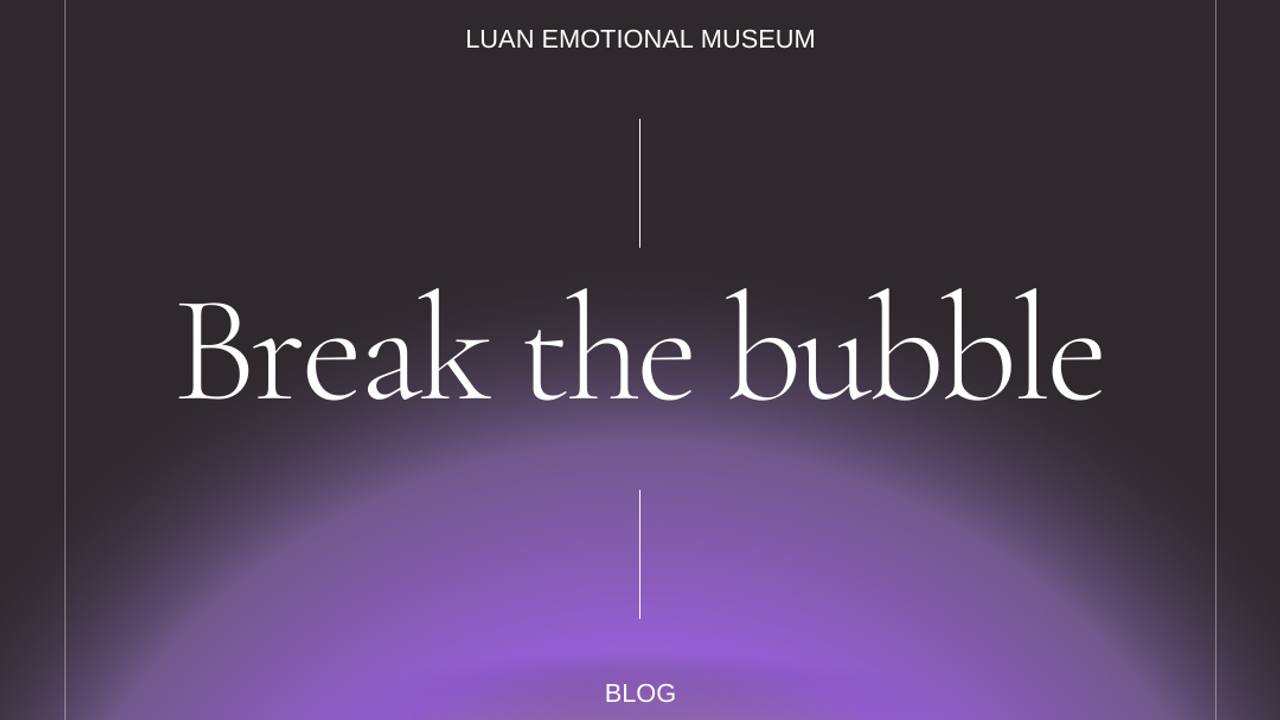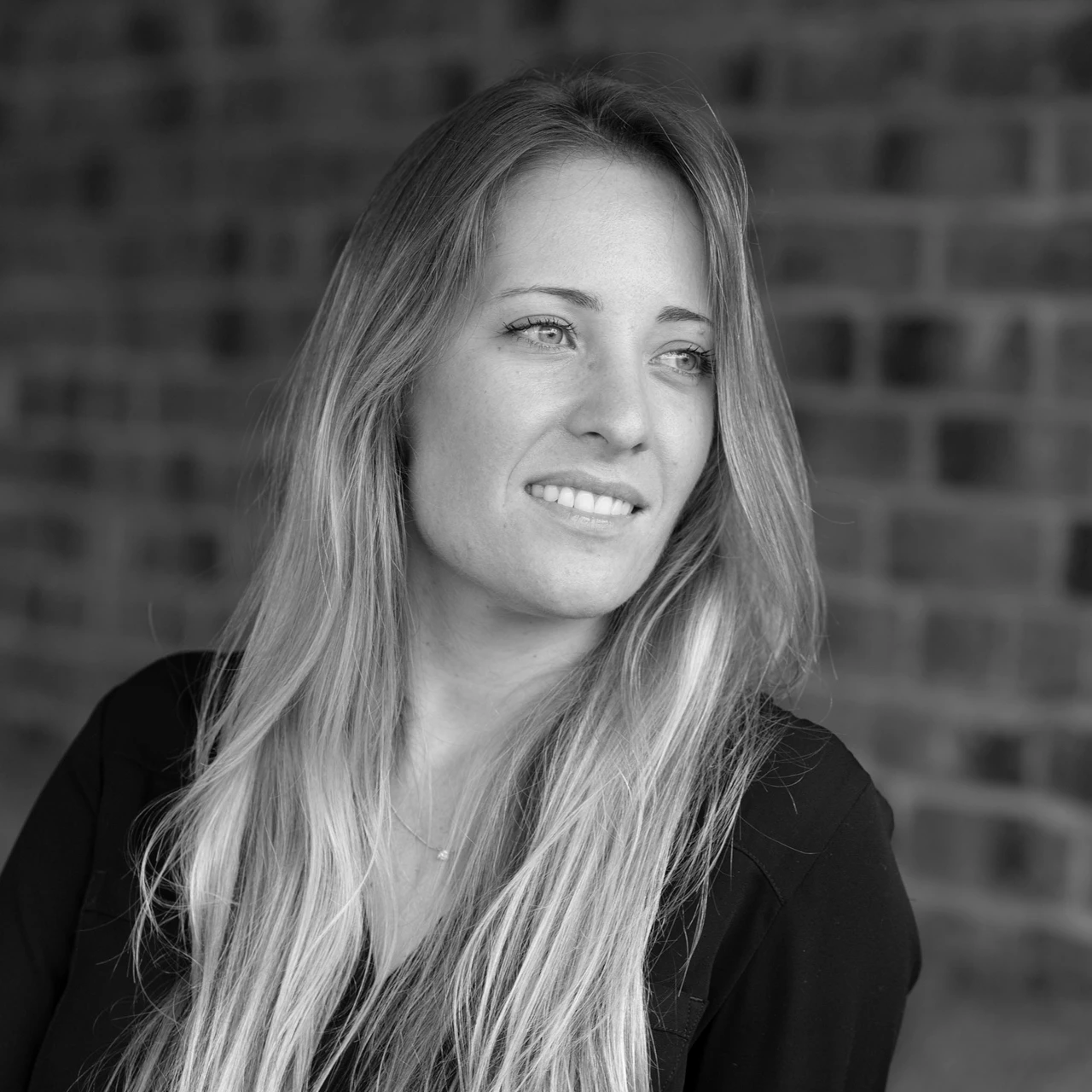
The Internet and digital media are outstanding. The access, connexion, and easiness we can get by clicking our mouse or touching the screen are terrific.
We are living in an age of accelerated and constant changes. We are not anymore just net humans, now we are accompanied by intelligent machines that can filter information and customize our experience. Algorithms are the new editors of digital information.
Algorithms do not consult with you. They edit the results you see on the screen according to the data analysis they do. They show you what they think you want to see; not necessarily what you need to know. You are in a private information bubble.
We feel fine seeing our opinions and perspective reinforced. We feel safer, but consuming only our auto affirmation can mean several risks: it is easier to spread rumors; there are fewer chances of verifying information, and there is more polarization because this generates echo chambers where what you already know can be replicated, and thus, you validate yourself, your ideas and the group you belong to, over and over.
We can testify this when we see people discussing on social media or attacking another person with a different posture. We also see this when disinformation starts to grow rampantly among the digital persons you know.
Just imagine, if we cannot decide what information we see, we overlook the data that the algorithm chooses not to show us. Try it. Join some friends and look for the same on Google and compare the results you find. Are they the same?

About this topic, we have the pleasure to talk with Vivian Lan, Singularity Mx Summit Director about technology, humanity, and everything in between.
Today, the incitement is to break the bubble. How? Here are some ideas of what you can do:
- Make your information sources wider (social media is not everything. There are websites and flesh and blood persons!) Find relevant information that makes you feel dared and not so comfortable by facing you with other points of view.
- If you feel, for example, anxious, sad, you got sleeping problems, or you start comparing yourself with others excessively after spending time on social media, change your routines. Avoid unstoppable scrolling and multitasking.
- Look for deeper conversations than those that are 140 characters limited. Speak face to face, ear to ear, with people, where you can see the nuances and richness from another human being, and where you can express yourself.
- Balance both worlds: physical and digital. Find analog spaces where you can absorb your environment and nature.
- Publish things for you, not for others. There is so much more than popular and trendy.
The world is broader and more astonishing than what we can keep on our screens. Human life is more delicate and luminous than what we can see on a post.
Sources:
Greenwood, Adam. Challenge The Echo Chamber. TEDx Royal Tunbridge Wells. 2019.
Pariser, Eli. Beware online “filter bubbles”. TED. 2011.
Royal society of public health. Social media and young people's mental health and wellbeing. Mayo, 2017. https://www.rsph.org.uk/our-work/campaigns/status-of-mind.html

